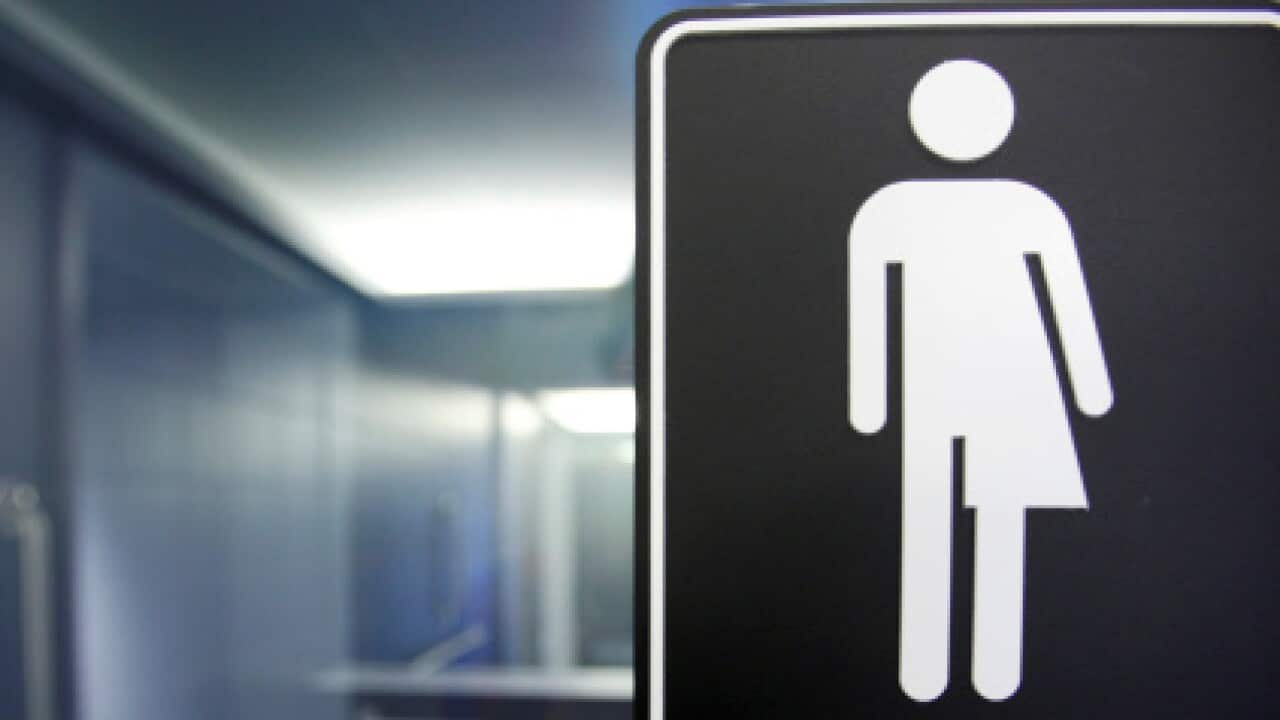In the United States recently, conservative politicians have been battling one another in the fight to make public bathroom usage as fraught as possible. Having lost the battle for marriage equality over there, Republicans have moved on to a less numerous and more vulnerable population—transgender people. Recently, Alabama Republicans have introduced a bill to create what have been called—requiring venues to employ attendants “stationed at the door of each rest room to monitor appropriate use of the restroom and answer any questions or concerns posed by users.” Concurrent to this is the North Carolina inspired legislation to fix bathroom usage to the sex assigned at birth. In other words, in Alabama, not even unisex bathrooms would be safe for trans people. Alabama follows another seven states in the US considering bathroom bills.
Closer to home, however, things are much brighter. Where the United States has focused on adult bathroom usage—and in particular criminalising trans women’s presence in female toilets—Australian politicians have more lately been focused on child and teen rights. In a positive move, allowing them to use the restroom of choice, among other trans friendly guidelines. Education Department spokesperson Ann-Marie Hayes told the ABC that this policy “actually supports the students and families.” This follows , which stipulates that “schools must support and respect a student's choice to identify as their desired gender when this does not align with their designated sex at birth.” It is clear that state Labor governments are increasingly supportive of transgender rights.
Yet it might be too soon for LGBTQIA+ advocates to celebrate. The Safe Schools debacle has shown that there is still great political mileage for the right to be made in pathologising trans children. Writers like Miranda Devine and academic Kevin Donnelly have painted LGBTQIA+ positive resources like Safe Schools and Minus18 as politically correct indoctrination by the “cultural left.” In the right’s view, all children are born cis and straight, and any mention of the existence and acceptability of LGBT people will “confuse” them—though one might wonder why precisely queerness and transness are so contagious, and heterosexuality so fragile. Furthermore, —unaware of course that conservative commentators spreading homophobic and transphobic ideas far and wide is one of the hazards of LGBTQIA+ life (psychologists might term that ).
is one in which sexuality and gendered norms have been, and continue to be, violently enforced. One only needs to look at the spate of murders of gay men (and several trans women) recently documented in SBS’s Deep Water to see exactly how safe the world was before the intervention of LGBTQIA+ activism. It is to this fearful climate that conservatives would see us return. Transgender people have been using the bathrooms of their choice for decades without a documented epidemic of criminal activity, and yet the very idea of an already-existing actuality inspires fear in certain quarters. While there is undoubtedly some cynical scapegoating for political gain, make no mistake, transgender people face considerable prejudice, here and in the US.
So while a number of state governments in Australia are passing progressive trans-friendly policies, it is likely that a backlash will come, sooner or later. The Australian right takes its cues from the American right (witness Cory Bernardi’s enthusiasm for Trump), and right now, the American right is gunning hard for transgender people. The absolute worse thing Australian LGBT activists and their allies could do would be to rest complacency on their recent gains. Australia and the US may be moving in different directions for the moment, but if 2016 taught us anything, it's that things can change fast in politics.

